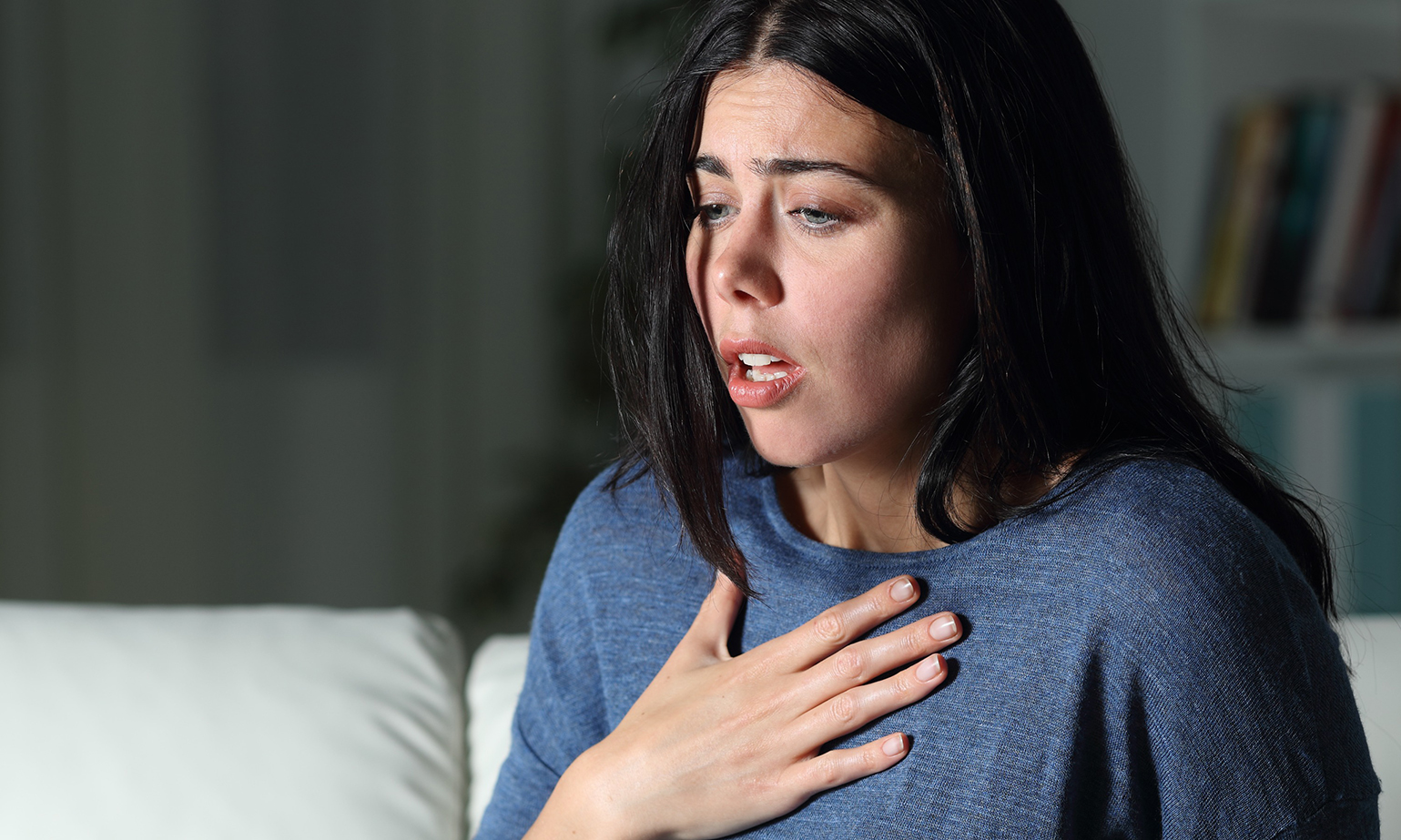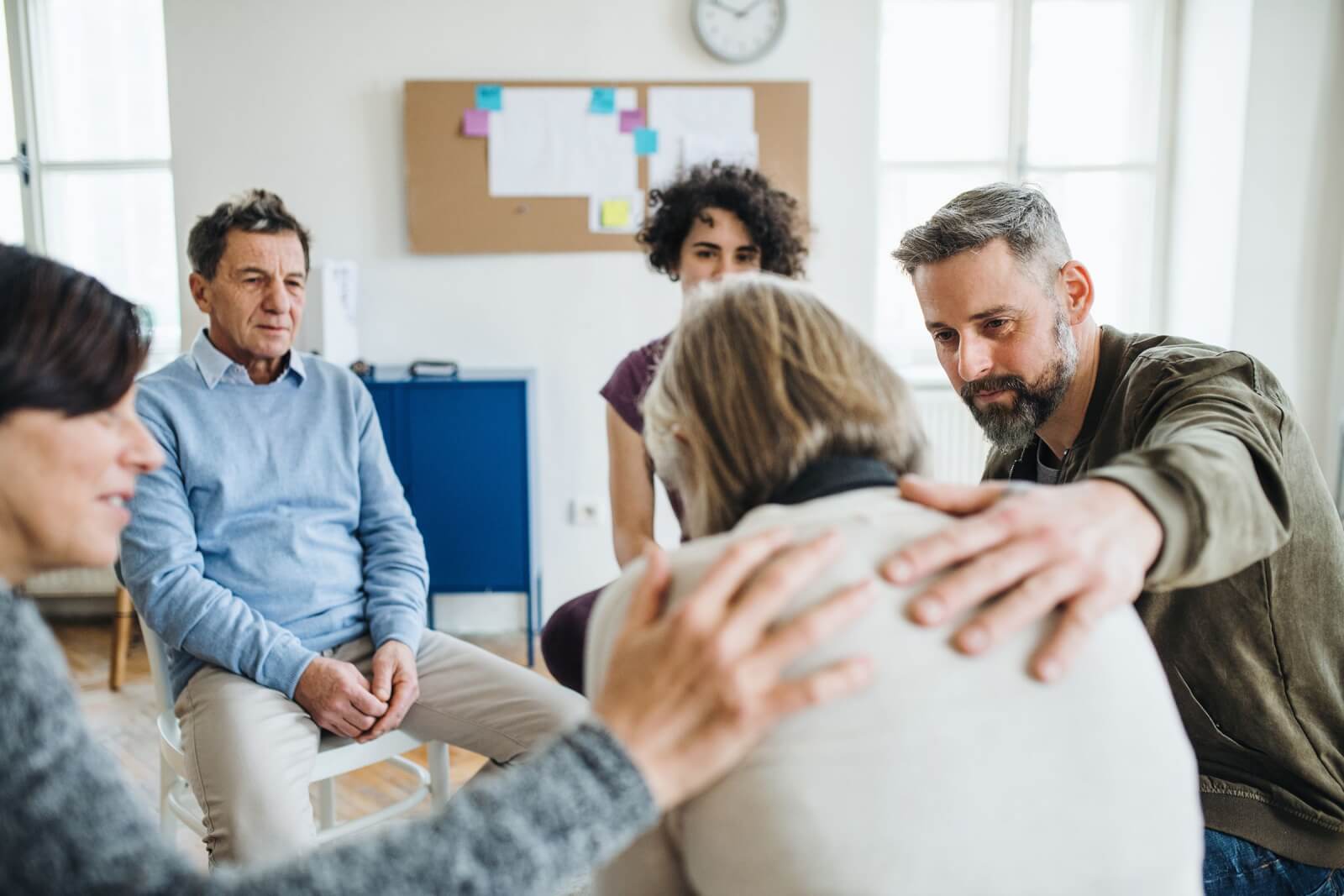People experience anxiety at different levels and for different reasons. Whether you suffer from a mental illness such as post-traumatic stress disorder (PTSD) or generalized anxiety disorder, the symptoms can be debilitating and affect your everyday life. The causes of this condition are rooted in a chemical imbalance within the brain that causes excessive worry and fearfulness.
If you’re feeling overwhelmed by your feelings of anxiety, it’s important to seek help as soon as possible because there is always hope for recovery. You can visit UnwindingAnxiety.com to learn mindfulness techniques to overcome this condition and improve your quality of life. Let’s look at some of the major causes of anxiety.
Table of Contents
Unresolved Grief
Grieving over the loss of someone or something important can be extremely difficult to handle. This is when one feels deep sadness, pain, and anger due to the loss of a loved one. Moreover, feeling guilty for moving on with life after losing someone close to you is also common in this case because grieving is a long process. Even if it is normal to feel sad and depressed after losing someone, negative thoughts of the past can eat away at you over time, causing stress and anxiety disorder.
Acute Stress Disorder
This is a strong emotional response to an event or series of events that most people would find troubling and frightening. People who have experienced a traumatic experience may suffer from this condition. When one has been exposed to these kinds of circumstances, memories are stored in the form of images, thoughts, emotions, and sensations. People who have experienced a traumatic event often struggle with recurring memories of the past, triggering panic attacks or anxiety.
Panic Attacks
This is an intense feeling of fear that comes on suddenly without warning. During this condition, one experiences heart palpitations, sweating, and trembling. This condition is usually caused by stress or anxiety that a traumatic event may have triggered. It is also associated with depression which can bring on panic attacks at any time.
Phobias
Phobias are irrational fears of things or situations. The fear becomes so severe that it causes some individuals to avoid the object of their anxiety altogether. Examples of phobias are agoraphobia, a fear of open spaces, and acrophobia, a fear of heights. Studies have shown that a phobia can be formed due to a traumatic experience or exposure to something at an early age.
Work Stress or Job Changes
Some people experience anxiety when they believe their work is being criticized or evaluated. The feeling of inferiority and the pressure to perform can lead to intense feelings of stress and worry. This puts a lot of pressure on one’s mind, leading to depression, fatigue, and sometimes even panic attacks. Also, when people change jobs, it can cause anxiety and stress because they have to learn new responsibilities.

Substance Abuse
This is when a person becomes addicted to substances such as drugs, alcohol, or smoking, leading to problems with their lifestyle and mental health. They may feel depressed, anxious, isolated, and unable to cope with everyday life because of how these substances influence them.
Pregnancy
This is when one feels extreme worry during or even before pregnancy. The symptoms of this condition are usually constant heart palpitations, loss of appetite, and difficulty coping with the changes within a person’s body during pregnancy. It’s common for women to feel anxious about giving birth, which can result in panic attacks right before labor.
Family and Relationship Problems
When people are experiencing problems in their relationship, it can lead to extreme anxiety. They may feel nervous or worried about what others might think of them because they do not want to appear weak or uninterested in the relationship. The fear of being alone can also cause anxiety, especially if one has experienced losing someone close to them, especially a partner.
With all these major causes, it’s clear that anxiety is a serious mental health issue that needs help. An expert can help identify what’s causing your anxiety and recommend changes and habits to overcome this condition. The earlier one receives professional help for their condition, the better chance they have at recovering.


 How to Use Billshrink to Save Money on Your Monthly Bills
How to Use Billshrink to Save Money on Your Monthly Bills  History of The Most Powerful Addictions
History of The Most Powerful Addictions  Not Getting Any Shut Eye Since Quarantine? Give These 5 Tricks a Shot
Not Getting Any Shut Eye Since Quarantine? Give These 5 Tricks a Shot  The Different Ways to Use Cannabis
The Different Ways to Use Cannabis  Finest Online Counselling Services to Avail
Finest Online Counselling Services to Avail  Are Microwave Ovens Dangerous For Health? 11 Reasons to Believe It
Are Microwave Ovens Dangerous For Health? 11 Reasons to Believe It  The Importance of Choosing a Board-Certified Dermatologist
The Importance of Choosing a Board-Certified Dermatologist  How to Choose the Right Testosterone Replacement Clinic in Los Angeles
How to Choose the Right Testosterone Replacement Clinic in Los Angeles  Loose Lab Created Diamonds: The Future of Sustainable Jewelry
Loose Lab Created Diamonds: The Future of Sustainable Jewelry